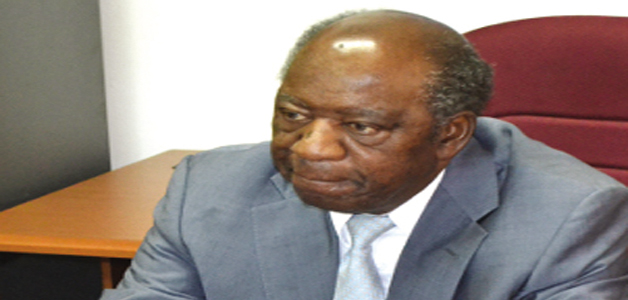By CATHERINE NYIRENDA –
FINANCE Minister Alexander Chikwanda has said failure to address unemployment and creating decent and productive jobs remains a daunting task for Zambia and other developing countries.
Mr Chikwanda said the Government was thus undertaking various programmes to address unemployment issues and, among its targets, was to create at least 200,000 decent and productive jobs per annum.
He said among other important steps towards achieving this ambitious goal, the Government had realigned the national development plan to conform to the agenda of promoting growth that supported job creation.
“On our part in Zambia, we have taken this issue as a priority because we know that as long as poverty and high unemployment persist, we may not come to know true peace in the world,” Mr Chikwanda said.
Mr Chikwanda said this during the 2014 Poverty Equity and Growth Network (PEGNET) conference, whose them is ‘Employment strategies in the developing world: How to create sufficient productive and decent jobs’ held at the Government Complex yesterday.
He said Government had also initiated youth programmes aimed at improving skills and increasing resources available to the youth to reduce high levels of youth unemployment.
Mr Chikwanda added that the Government would continue to work with the private sector in supporting micro, small and medium enterprises through increased recapitalisation of Government institutions charged with this responsibility and through various employment initiatives.
On the other hand, he said production in most countries remained a concern that needed to be tackled, in striving to create more jobs.
Mr Chikwanda said most sectors, especially the primary ones such as agriculture, continued to register low levels of productivity compared to the Western world.
Kiel Institute for the World Economy director Manfred Wiebelt said it had been determined that unemployment was not the main reason for poverty as most poor people were self-employed and were working so hard in the informal sector.
“Though they work they are poor because there aren’t adequate opportunities for them to earn enough to escape poverty,” he said.
Mr Wiebelt said rates of self-employment or causal employment were high in South Asia and sub-Saharan Africa, with the World Bank report on Zambia indicating that the rate exceeded 80 per cent in 2005, with almost 90 per cent being women.
He said the question to answer was how to develop comprehensive and integrated employment strategies that eliminated the negative aspect of informality, while preserving the significant job creation and income generation potential of the informal economy, among others.
And Zambia Institute for Policy Analysis and Research’s Pamela Kabaso said challenges faced by developing nations were special in that they existed in a social, cultural and economic dispensation very different from that of the developed countries.







